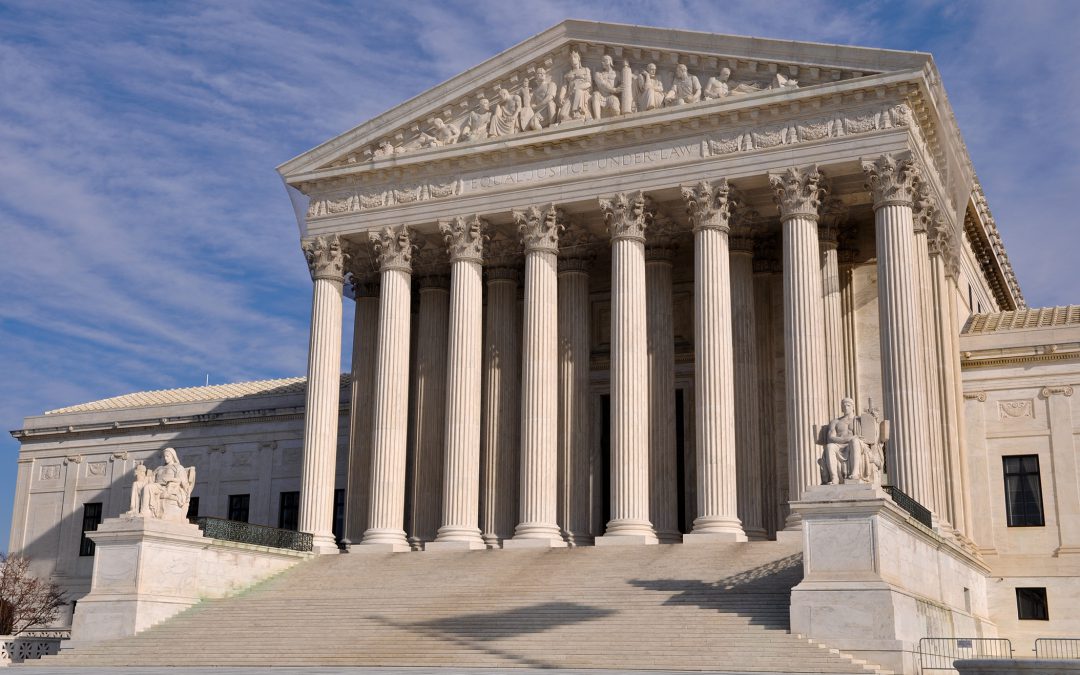WASHINGTON — The Supreme Court heard arguments Wednesday concerning the length of time the Department of Homeland Security has to apprehend people awaiting deportation after they are released from custody for a previously committed crime.
Current immigration law says that non citizens convicted of certain crimes should be detained pending deportation, but it does not say how long the government has to make the arrest.
The government, represented by Zachary D. Tripp, argued Wednesday that there is an “urgent obligation” to detain and hold them in custody while deportation hearings proceed. But a lingering issue centers around what qualifies as a reasonable time for agents to make that arrest.
“I don’t see how we can set a temporal time limit,”Justice Sonia Sotomayor said.
Cecillia D. Wang noted for the plaintiff that the average delay from release to detention is three years, and that people who are arrested so long after they were released for the original crime ought to get a hearing before being locked up again.
When asked to suggest a time, Wang cited the 9th Circuit’s ruling, which considers the same day of release a reasonable time limit for Homeland Security agents to detain the individual.
Justice Brett Kavanaugh commented on Congress’ original intent, arguing that lawmakers would have known that detention “was not going to be immediate.” But when he asked the government if it could submit a general time limit for detention, Tripp responded that timing is irrelevant.
Justice Stephen Breyer focused on the moral imperative of due process for anyone within U.S. jurisdiction.
“A triple ax murder will get a bail hearing, but these people don’t?” Breyer said.
The Supreme Court is expected to rule on the case by the end of June.

